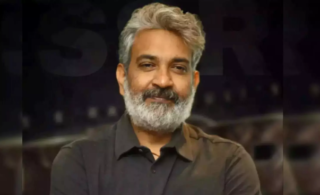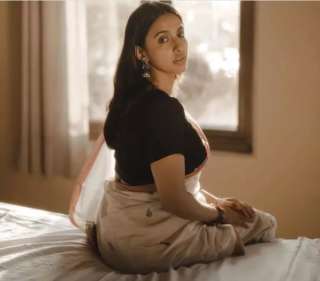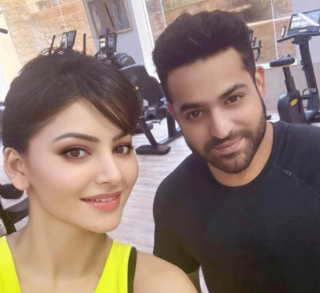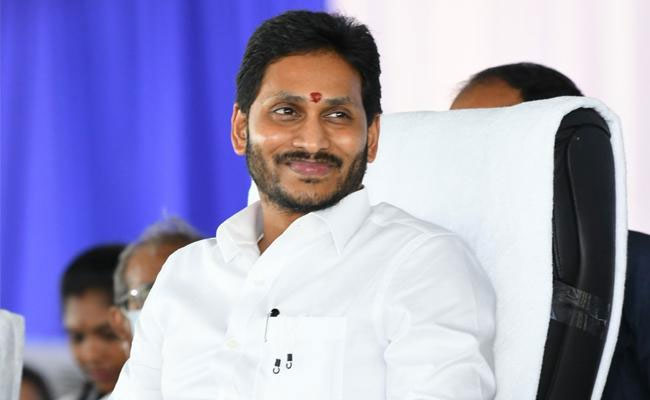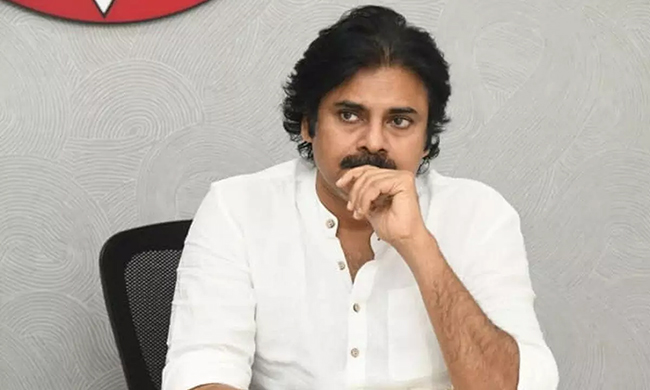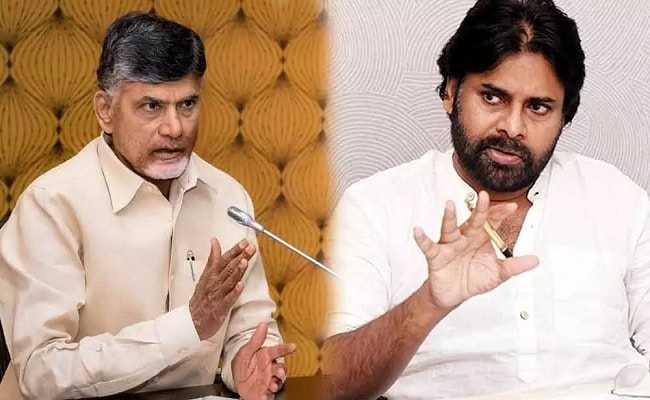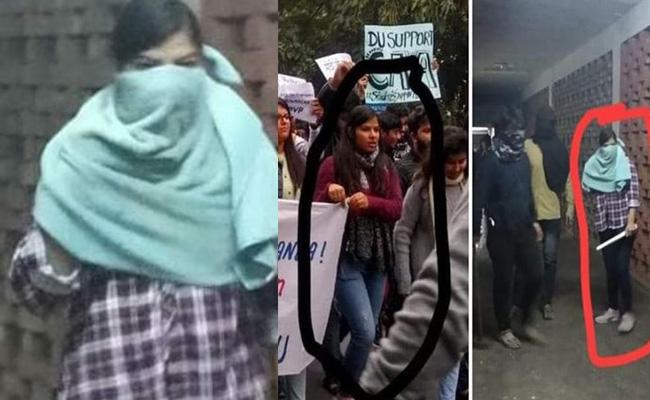 New Delhi: If protest is synonymous with the Jawaharlal Nehru University (JNU), violence too has had an intrinsic relation with the varsity. While many think its a sudden spurt of emotions that deviated to hooliganism, provoked by unrelenting government stand on the CAA; JNU’s tryst with violence has been more bloody in the past, forcing then Prime Minister Indira Gandhi to summarily it shut down for 46 days.
New Delhi: If protest is synonymous with the Jawaharlal Nehru University (JNU), violence too has had an intrinsic relation with the varsity. While many think its a sudden spurt of emotions that deviated to hooliganism, provoked by unrelenting government stand on the CAA; JNU’s tryst with violence has been more bloody in the past, forcing then Prime Minister Indira Gandhi to summarily it shut down for 46 days.
Two rival Left organisations came face to face, reducing the campus into a virtual warzone. If 2019’s violence inside the Periyar Hostel was shocking, 1980’s clash was never seen before, say historical accounts. Twelve years after it was established, Gandhi had to shut it down between November 16, 1980 and January 3, 1981. Then JNU Students Union (JNUSU) President Rajan G. James had to be detained to bring the situation under control.
Rajiv Gandhi’s biographer Minhaz Merchant says: “JNU has a long history of Left-instigated violence… It was even closed down from November 1980 to January 1981 due to student violence.”
But looking at those bloody days, the CPI-M’s polit bureau leader Md Selim seems to find the 46-days shutdown “less dangerous” than 2020.
When asked to elaborate, Selim told IANS: “No one beat up Sitaram Yechury the way Aishe Ghosh has been beat up. Delhi Police wasn’t used by Indira Gandhi then, as it is being used today by the current dispensation.”
However, the Left’s portrayal appears to be influenced by its present day political compulsion. In 1980, not only the then JNUSU President was detained by cops, but the crackdown was at a larger scale.
Has the time for a repeat of 1980 come again? BJP MP Subramanian Swamy agrees. Last November, he demanded that JNU should be shut for two years and renamed after Subhas Chandra Bose. He still stands by his demand.
Swamy isn’t alone in this demand. In 2016, TMC leader Chandan Mitra, when he was still in the BJP, had demanded that the government should close down JNU.
“I am not saying that the government is going to repeat 1980 but what looks like is that they are directed that way,” Selim told IANS.
As JNU was rocked with a spate of violence after intermittently witnessing WiFi shutdown allegedly by Left students, even former Higher Education Secretary R. Subrahmanyam, a JNU alumni himself, condemned the violence calling it “completely unacceptable and shameful”.
Violence swept the university on January 5, as several masked individuals, both male and female, thrashed students, including girls, and teachers inside the varsity campus with wooden and metal rods.
Two JNUSU office-bearers, including President Aishe Ghosh – who was reportedly hit over the eye with an iron rod, received severe injuries.
They accused RSS’ student wing Akhil Bharatiya Vidyarthi Parishad (ABVP) for the rampant violence in the campus. The ABVP had counter alleged by releasing photos of Ghosh which later made Delhi Police treat her as an accused.
Even as the usual political carnivore launched an instantaneous move to use violence for mean politicking, the larger point wasn’t lost among those with historical perspectives – JNU has always been the hotbed of Left politics that periodically ventures towards senseless anarchy.
If the 1980s was a period of global intellectual effervesce that led to rigid stands of students followed by senseless violence which shut JNU for more than a month, 2020 is a period where the CAA and JNU fee hike have played the role of catalyst.
Recent Random Post:


